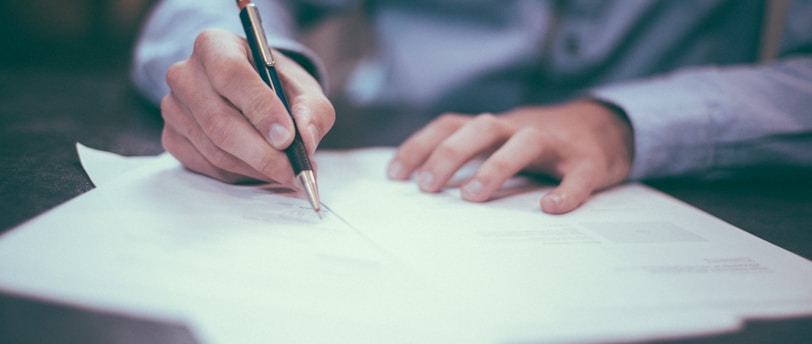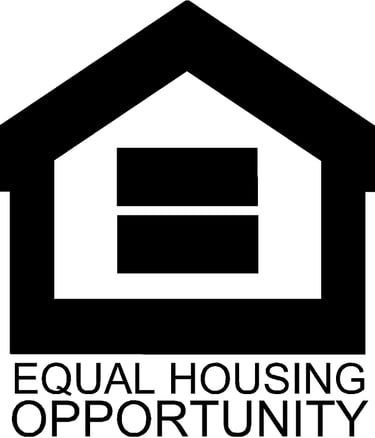What are closing costs?
What are closing costs when buying or selling a home?


Don't be caught off-guard by your closing costs!
Before you buy a home, it’s important to plan ahead as I mentioned in my Step Zero Blog post, which you can read here. While most buyers consider how much they need to save for a down payment, many are surprised by the closing costs they have to pay. To ensure you aren’t caught off guard when it’s time to close on your home, you need to understand what closing costs are and how much you should budget for.
What Are Closing Costs?
People are sometimes surprised by closing costs because they don’t know what they are.
Closing costs are the fees and expenses you must pay before becoming the legal owner of a house, condo or townhome . . .
Closing costs vary depending on the purchase price of the home and how it’s being financed . .
Closing costs may be able to be financed into your loan.
Closing costs may also be negotiated where the seller would agree to pay some of them.
Some of the closing costs may actually 'your money' that will be held in escrow to pay for future home insurance or property taxes.
In other words, your closing costs are a collection of fees and payments involved with your transaction. According to Freddie Mac, while they can vary by location and situation, closing costs typically include:
Government recording costs
Appraisal fees
Credit report fees
Lender origination fees
Title services
Tax service fees
Survey fees
Attorney fees
Underwriting Fees
There may be other fees not listed above
How Much Will You Need To Budget for Closing Costs?
Understanding what closing costs include is important, but knowing what you’ll need to budget to cover them is also important. Closing costs are typically between 2% and 5% of the total purchase price of your home.
Closing costs typically range from 2% to 5% of the total purchase price of the property. This means that for a $300,000 home, closing costs could be between $6,000 and $15,000.
Keep in mind, if you’re in the market for a home above or below this price range, your closing costs will be higher or lower.
When Are Closing Costs Due?
Closing costs are typically due at the close of the sale. The exact timing may vary depending on the specifics of the sale, but in general, you should be prepared to pay these costs at the same time you sign the final documents.
What Can Be Negotiated?
Some closing costs are fixed, but others can be negotiated or shopped for. For example, you may be able to negotiate the fees charged by the title company or the lender. It's important to work with an experienced real estate agent who can help you negotiate these costs. In New Jersey, your lender will give you a Closing (or Loan) Disclosure document, that will have your potential closing costs included. It may slightly change throughout your buying process.
A Closing Disclosure is a five-page form that provides final details about the mortgage loan you have selected. It includes the loan terms, your projected monthly payments, and how much you will pay in fees and other costs to get your mortgage (closing costs).
How Can You Prepare for Closing Costs?
To prepare for closing costs, you should carefully review the loan estimate provided by your lender. This document will outline all of the fees associated with the sale, so you can get a sense of what to expect. You should also make sure you have enough money saved up to cover the costs, and consider asking the seller to contribute towards some of the closing costs.
Bottom Line
Overall, it's important for homebuyers to be aware of the various closing costs they may be responsible for and to budget accordingly. Be sure to review your closing disclosure statement carefully and ask your real estate agent, mortgage lender, or attorney any questions you may have.



